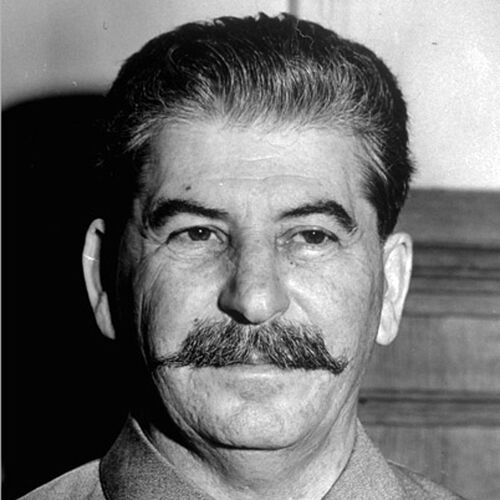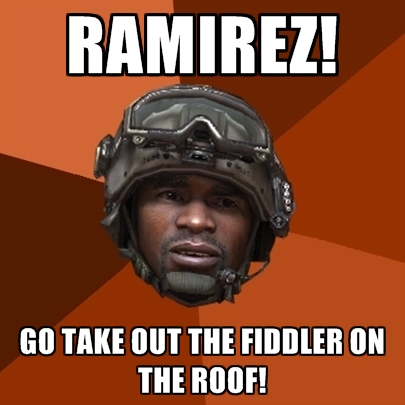The essential difference between slave systems in recent centuries, and indeed those obtaining in some places outside Europe at the time of WWII and even nowadays, and the Nazi and Japanese versions is that in capitalist systems slaves were bought for a price and had a value to the master which encouraged preservation of the slave’s life, albeit perhaps at little more than subsistence levels for meaner masters.
In the Nazi and Japanese systems the slaves were acquired at no cost to those empires. There was no economic disadvantage to those empires, apart from the subtle but important loss of intellectual capital in science, engineering, commerce, the arts and so on, in working them to death with the least burden on the empire in the way of food, clothing, accommodation, medical care etc. This agreed conveniently with the racial supremacist ideologies of those empires in their exploitation of other human beings.
Given the spectacular losses of their wars by the Germans and Japanese despite abundant slave labour (not to mention vast amounts of inanimate economic resources) acquired at no cost by their aggressive expansion, and allowing for the obvious fact that many other factors were in play, the unavoidable inference is that Germany and Japan ultimately were incapable of sustaining the wars they started even with the advantage of massive slave labour denied to the Allies (well, at least the Allies other than China and the USSR).
That, of course, is 20/20 hindsight.
At the start of its war in 1939, Germany wasn’t committed to its internal political program of exterminating the Jews nor to setting up the massive death and labour camps which it set up in later years.
Perhaps if the Nazis, as distinct from Germany, had not bothered with the camps and the resources devoted to them but instead had harnessed the intellectual and commercial capital of those they sent to the camps, Germany would have been better placed to win its war.
Not unlike Stalin being better placed to resist Barbarossa if he hadn’t exterminated a good part of his officer corps a few years earlier.



 I thought they honored who saved you from communism;) Well as for Holliwood- don’t underestimate it. The cimena has a leading role in mainstream suggestion and propogand. So if once, say they shot an new bestseller kinda “Pogrom in Jedwabne” which , of cource will get and Oscar ( manies of them)
I thought they honored who saved you from communism;) Well as for Holliwood- don’t underestimate it. The cimena has a leading role in mainstream suggestion and propogand. So if once, say they shot an new bestseller kinda “Pogrom in Jedwabne” which , of cource will get and Oscar ( manies of them)